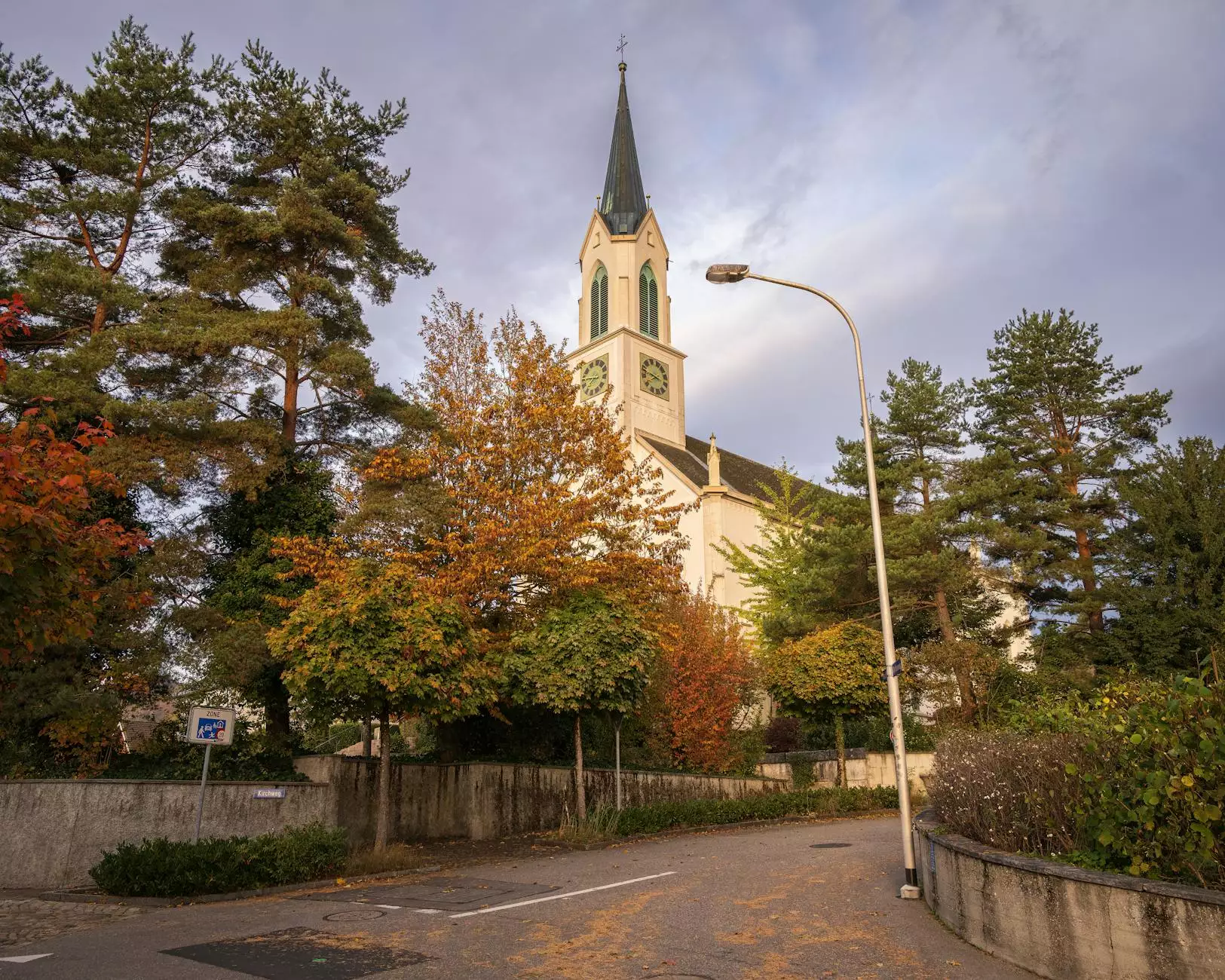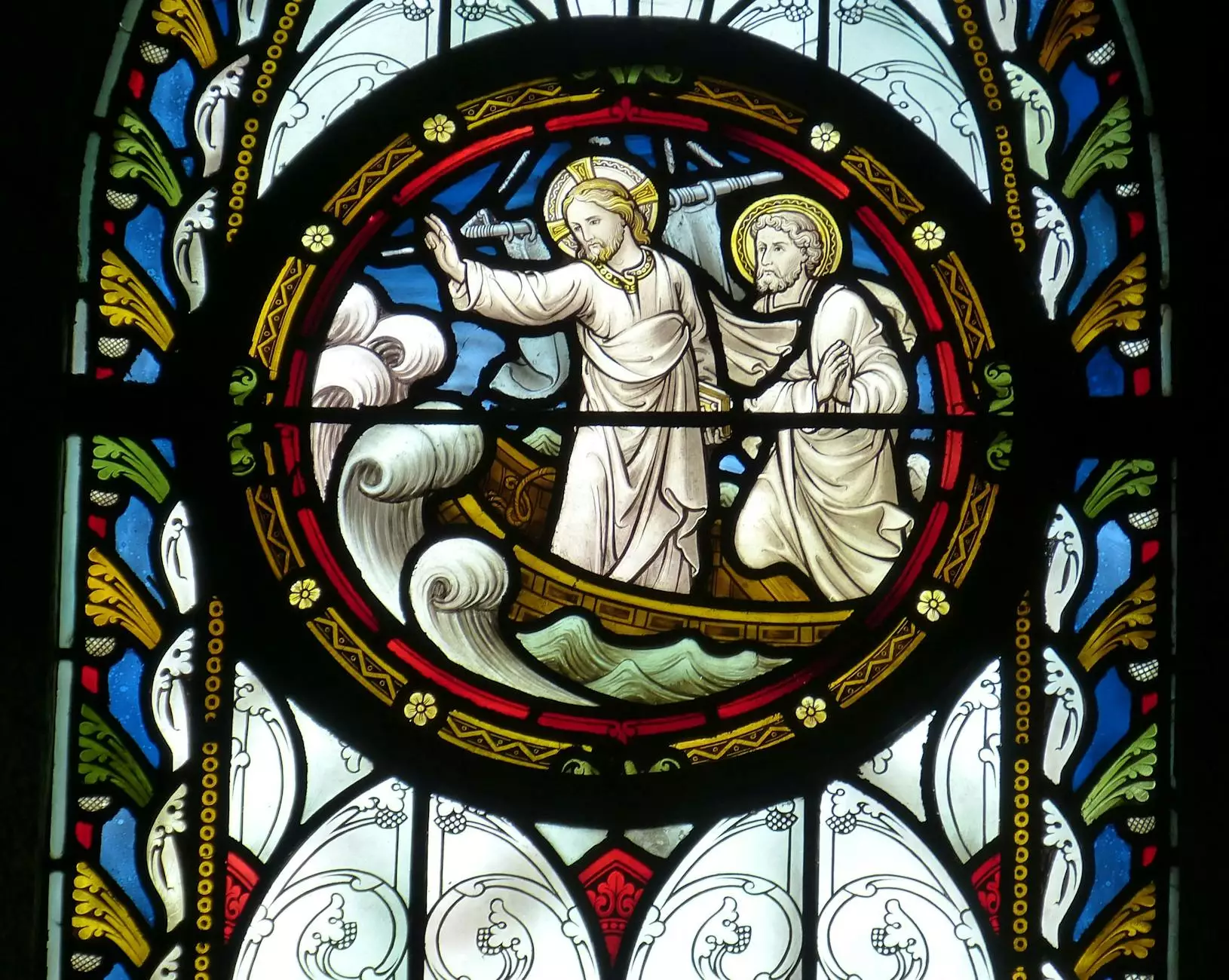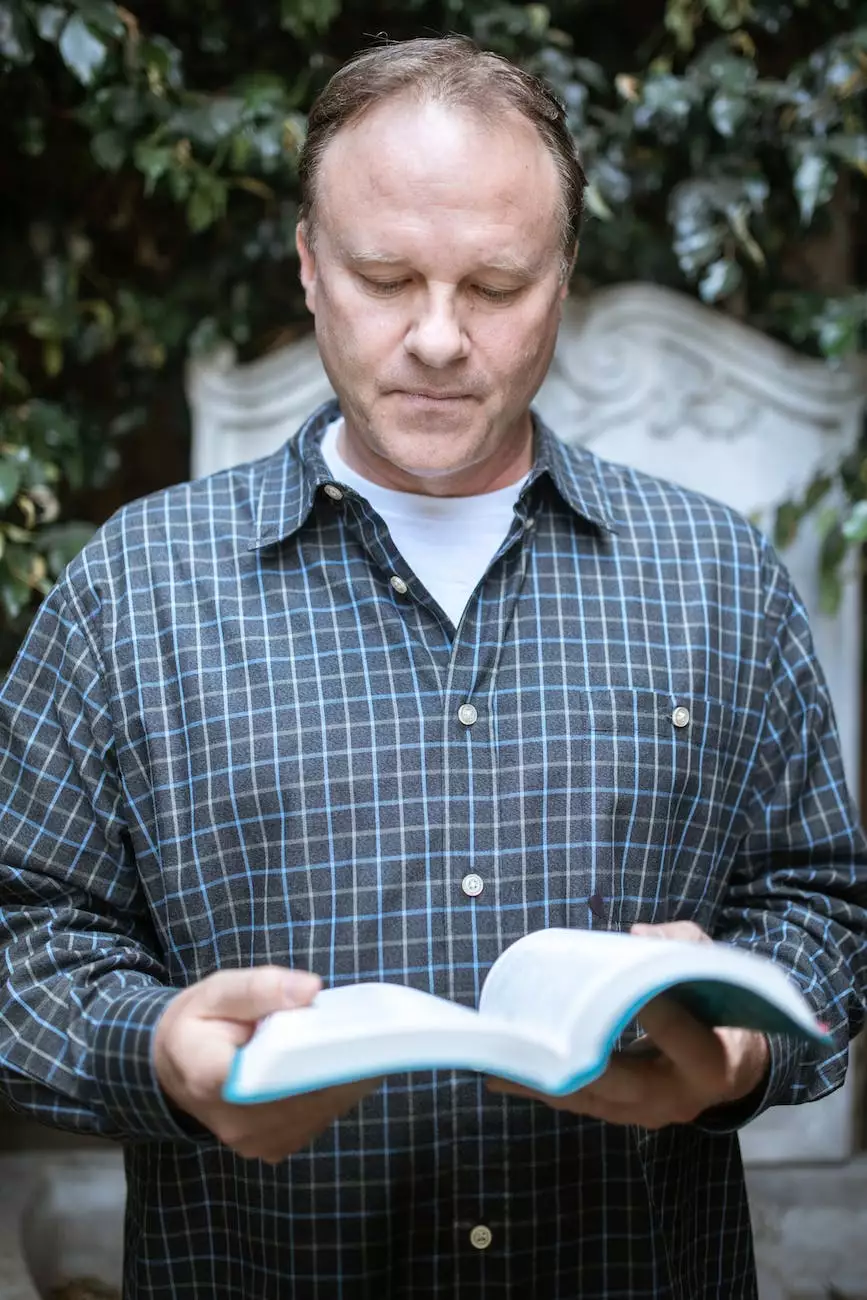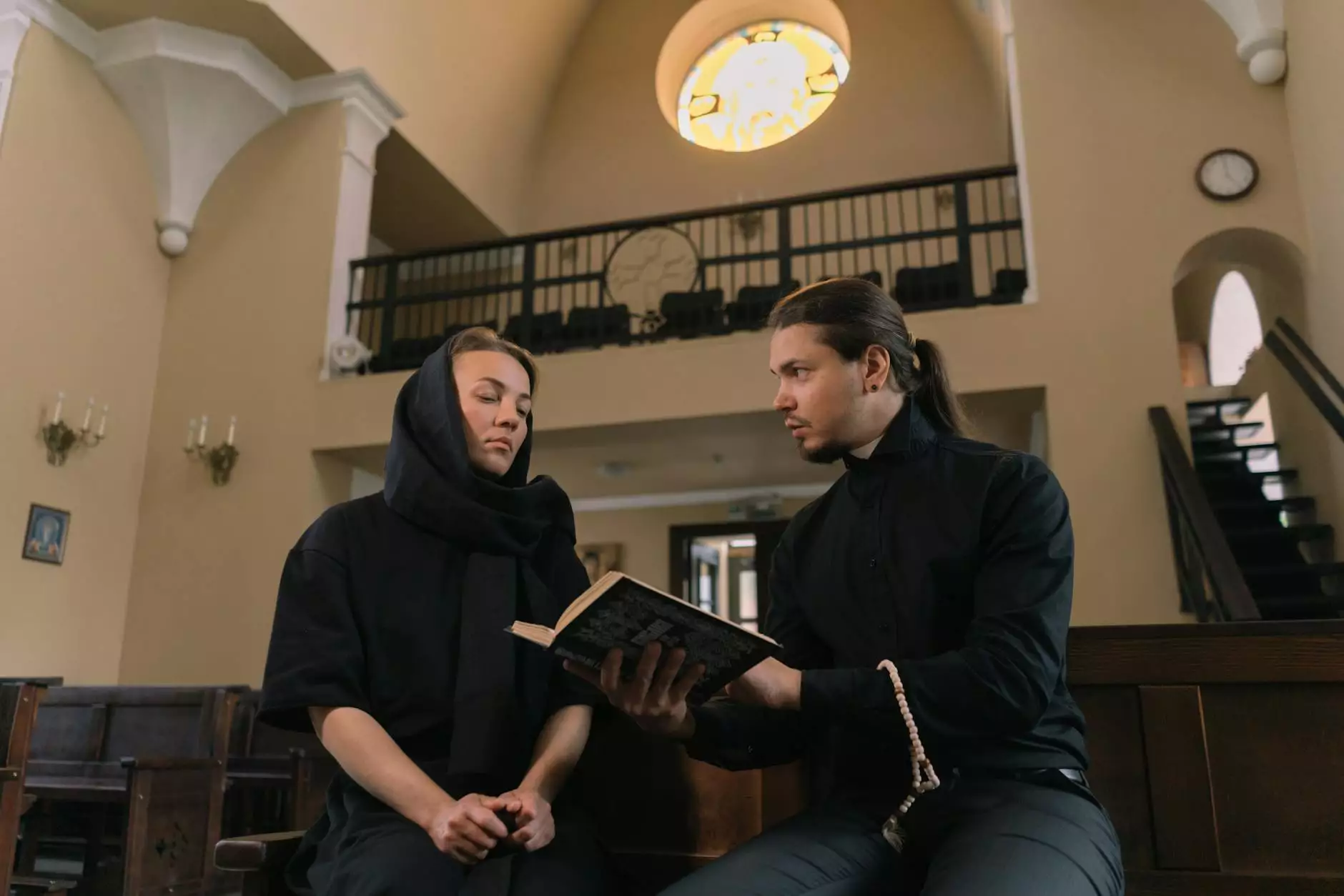An Overview of the Synod on Synodality

The Significance of the Synod on Synodality
Peace Church welcomes you to explore this comprehensive overview of the Synod on Synodality, an essential event dedicated to fostering unity, collaboration, and collective decision-making within our faith community. As a pillar of our beliefs, synodality plays a crucial role in shaping our identity and guiding our actions.
The Historical Background
The Synod on Synodality holds its roots in the ancient traditions of the Christian Church. It represents a coming together of church leaders, clergy, and faithful followers to discuss and deliberate matters of doctrine, pastoral care, and the overall governance of the Church. This assembly provides a platform for open dialogue, enabling diverse voices to participate in decision-making processes.
The Synod's Objectives
The Synod on Synodality seeks to deepen our understanding of the communal nature of the Church and promote active participation of all its members. This gathering is an opportunity to foster unity, address challenges, and explore avenues for strengthening our shared values and mission.
The Synod's Impact on Faith and Beliefs
This meaningful synod encapsulates the core principles of our faith, emphasizing the importance of inclusivity, collaboration, and mutual respect. Through participatory processes, the Synod on Synodality reaffirms the central role of the community in the life of the Church, ensuring that decisions are made collectively, with the guidance of the Holy Spirit.
Building Unity
The Synod on Synodality serves as a platform for fostering unity within the Peace Church community. By promoting active involvement of all members, it strengthens the bonds that tie us together. Through open and honest discussions, we cultivate a sense of shared purpose, emphasizing our commitment to Christ's teachings and the values we hold dear.
Empowering the Laity
A significant aspect of the Synod on Synodality is its emphasis on empowering the laity. It recognizes the unique perspectives, talents, and contributions of all members, ensuring their voices are heard and valued. This inclusive approach nurtures a sense of ownership and responsibility, as we collectively strive to fulfill our spiritual mission.
Fostering Pastoral Care
The Synod on Synodality also addresses matters of pastoral care, enabling us to deepen our understanding of the specific needs and concerns of our faith community. By incorporating diverse experiences, it equips church leaders with the knowledge and insights necessary for effective and compassionate leadership.
The Journey to Synodality
The realization of synodality within the Peace Church community has been an ongoing process, upheld by the commitment of its members. Through consistent dialogue, consultation, and intentional efforts, we have strived to embody the ideals of synodality in our daily lives.
Engaging in Dialogue
Dialogue is the cornerstone of synodality. The Peace Church community actively engages in conversation, valuing the exchange of perspectives and ideas. By listening attentively, respecting varying viewpoints, and seeking common ground, we lay the foundation for fruitful discussions and decision-making processes.
Encouraging Collaboration
The Synod on Synodality encourages collaboration across all levels of the faith community. By fostering a culture of teamwork and shared responsibility, we tap into the rich diversity of talents and experiences within our community, leading to innovative solutions, inclusive decision-making, and stronger unity.
Nurturing Inclusivity
Central to synodality is the belief that all members, regardless of their background, gender, or position, have a valuable contribution to make. The Peace Church community embraces this principle wholeheartedly, ensuring that every individual feels welcomed, respected, and included in the synodal journey.
Conclusion
In conclusion, the Synod on Synodality is a pivotal event that shapes the direction of the Peace Church community. It upholds the values of unity, collaboration, and active participation, highlighting the significance of collective decision-making and inclusive leadership. As we continue on our synodal journey, we remain committed to deepening our understanding of synodality and utilizing its principles to further strengthen our faith and beliefs.









